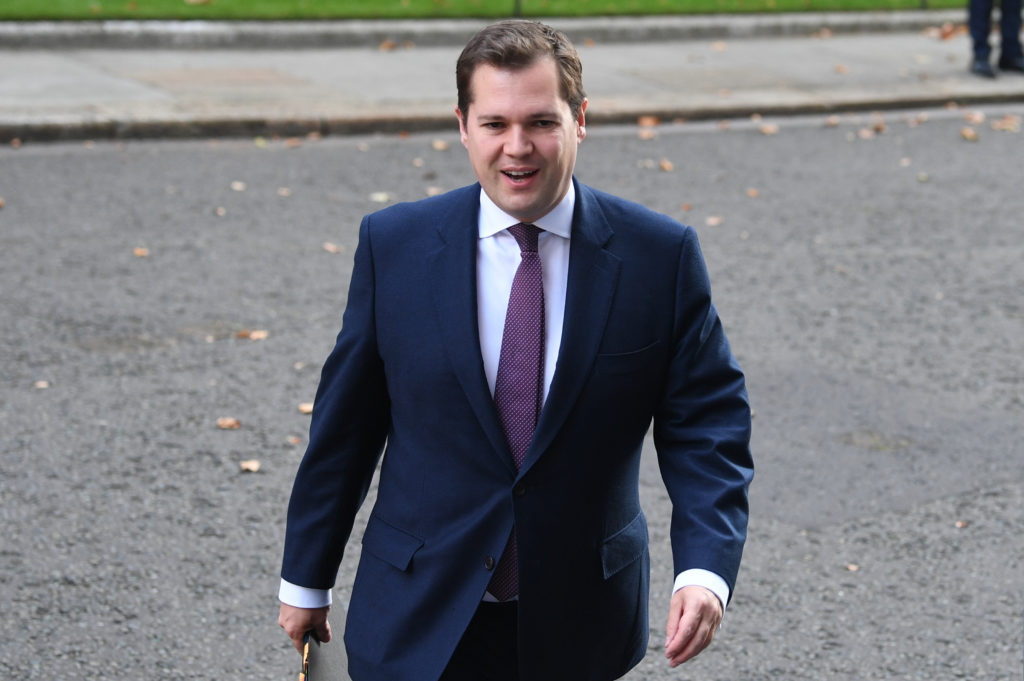With train drivers, teachers, lecturers and civil servants all set to walk out on 1st February, immigration minister Robert Jenrick has called on unions to “think about the impact that it is going to have on working people across the country and on the economy”.
“We know that times are difficult right now”, Mr Jenrick continued, urging unions to rethink what is being billed as a “protect the right to strike” day.
He added: “What we don’t want to see is the economy harmed by an act of self harm by further strike action that makes it harder to get to work, to cross the border and of course to get access to crucial public services”.
The home office minister also said that the “worst thing” the Government could do now is give pay rises to public sector workers.


He told Sky News: “I think what you see with inflation today means that if the international factors are beginning tentatively to work in the right direction the worst thing that we could do domestically would be to significantly increase public sector pay and then entrench inflation in the British economy and get into a kind of wage spiral that would be very detrimental to the economy”.
On 1st February, train drivers represented by the Aslef and RMT unions are due to undertake fresh strike action alongside University and College Union staff, teachers in the National Education Union and 100,000 civil servants represented by the PCS union also going on strike.
Among the government departments seeing walkouts from civil servants are the home office, the department for work and pensions and the department for education.
The TUC has earmarked the day as a “protect the right to strike” event.
The mass walkout comes amid rising anger among union bosses over the Government’s anti-strike legislation. The new “minimum services levels” bill is currently making its way through parliament and had its second reading on Monday. The Government argues that it would curb the impact of walkouts by requiring minimum service levels.
It also comes as thousands of nursing staff from more than 55 NHS trusts go on strike today and tomorrow as part of a walkout by Royal College of Nursing (RCN) members.
Later today, education secretary Gillian Keegan is meeting the four big teaching unions to discuss their next pay review, with a January 27 consultation deadline looming.
Also coming later, the GMB is expected to announce fresh ambulance strikes this afternoon at around 1 p.m.
The government has been warned that ongoing strike action has delivered a £6.6 billion blow to the British economy according to The Independent’s analysis of estimates by industry chiefs and economists.
The Centre for Economics and Business Research (CEBR) puts the direct hit to businesses’ output from lost working days at £1.4bn in the eight months to January.

